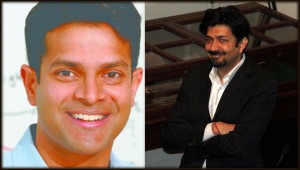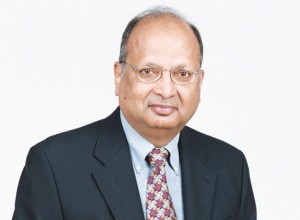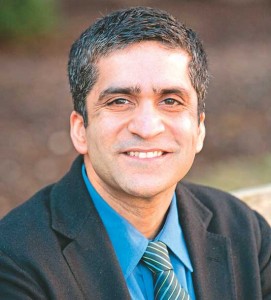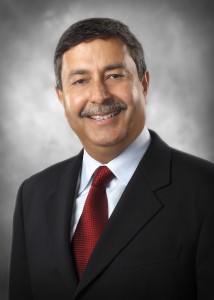On November 18, 2013, Congressman Joe Pitts and Congressman Frank Wolf initiated H. Res. 417. This Resolution intended to influence India’s forthcoming elections by focusing on the Gujarat riots in 2002 and Chief Minister of Gujarat, Mr Narendra Modi. In context to this controversial initiation, USINPAC successfully and relentlessly campaigned at the grassroots level to ensure that this Resolution did not move to the House floor for a vote. Earlier in December, 2013, Chairman Ed Royce of the House Committee on Foreign Affairs to which H. Res. 417 was referred, voiced his concerns to USINPAC saying, “As Chairman of the Foreign Affairs Committee, I am focused on the critically important relationship between the United States and India. Our two nations share many common values and strategic interests. India plays a central role in the Asia-Pacific region, and we must do our part to ensure that India is a centerpiece of America’s rebalance to Asia. H. Res. 417 weakens, rather than strengthens, the friendship between the U.S. and India. The resolution runs counter to all the hard work that the American people, particularly those in the Indian-American community, have done to improve the relationship.”
Eni Faleomavaega, Democrat from the Subcommittee on Asia and Pacific echoed a similar sentiment, “For this reason, I feel the need to speak out and reiterate what I am on record as saying shortly after the riots and ever since. Like any other Member of Congress committed to human rights, I see eye to eye with the national and international community that what happened in Gujarat calls for justice and accountability. But India, like the United States, has an independent and transparent Judiciary and, after an investigation that has been on-going for more than a decade, India’s Supreme Court and its Special Investigation Team have not found any evidence against Chief Minister Narendra Modi. This is why I believe the U.S. should shift its attitude and engage in dialogue with Prime Ministerial candidate Narendra Modi, just as the European Union and the UK are doing, and many other nations around the world.” He commended USINPAC’s efforts to summon the Indian-American community to oppose the resolution and the former’s work with top members from the House of Representatives to rectify the misinformation as shown by H 417. He added, “India is a multi-cultural and multi-religious Democracy, where the Leader of the Ruling party is of Italian heritage, the Prime Minister is a Sikh and the Vice President is a Muslim in an 80% Hindu country. Chief Minister Modi is a democratically elected leader and has been elected 3 times by the majority of some 60 million constituents. He may well be India’s next Prime Minister and Resolutions like H. Res. 417 do little to help strengthen U.S.-India relations or protect and promote U.S. interests abroad, especially in the Asia Pacific region.”
USINPAC has staunchly opposed this Resolution from going to the House floor for a vote. They stated that they would do all they could to disallow the U.S. Congress from ‘intentionally’ or unintentionally’ making an impact on India’s elections in 2014. They have vocally advocated that ‘India is a sovereign nation and its citizens have a right to choose their leaders’. Their efforts challenge the very nature of the Resolution that misinforms rather than set any situation right. Chief Minister Mr Narendra Modi who was the Chief Minister of Gujarat during the Gujarat pogrom was denied both business and tourist visas to the U.S under the Immigration and Nationality Act for alleged human rights violations. USINPAC had issued a statement on December 8, 2013 titled Setting the record straight about Prime Ministerial candidate Narendra Modi. Further with the India elections being round the corner and Mr. Modi’s popularity among the Indian-American community, it is about time for the U.S. State Department to take a stand. He is the slated Prime Ministerial candidate from the BJP, India’s opposition political party. Going forward, this instance will impact U.S.-India ties and mutual decisions between the two nations pertaining to the Asia region.




